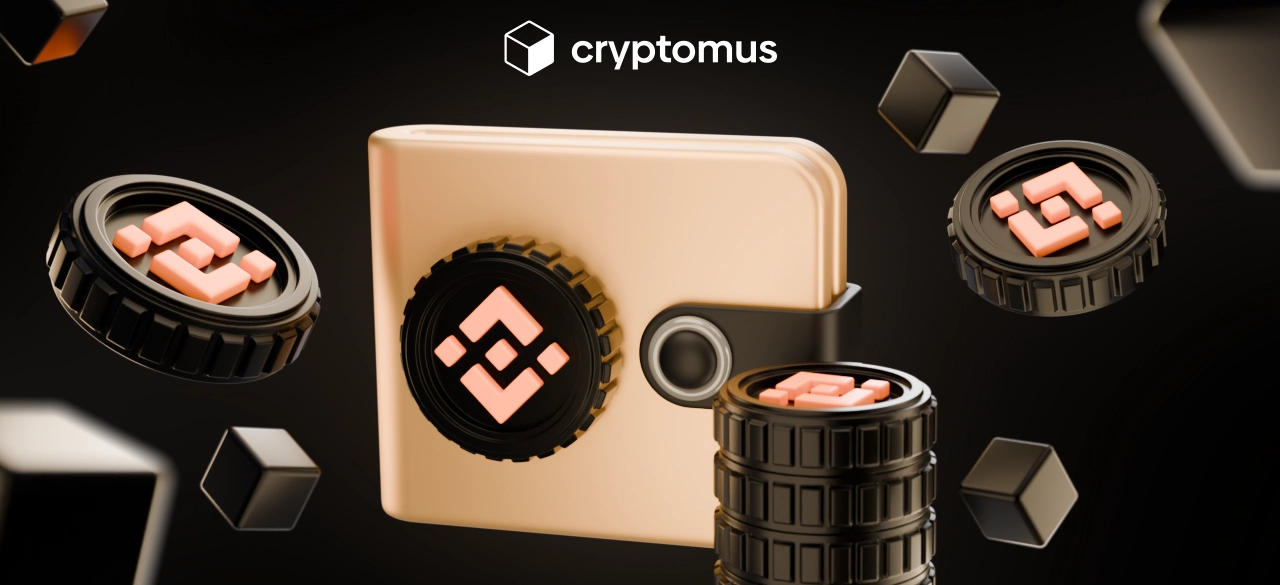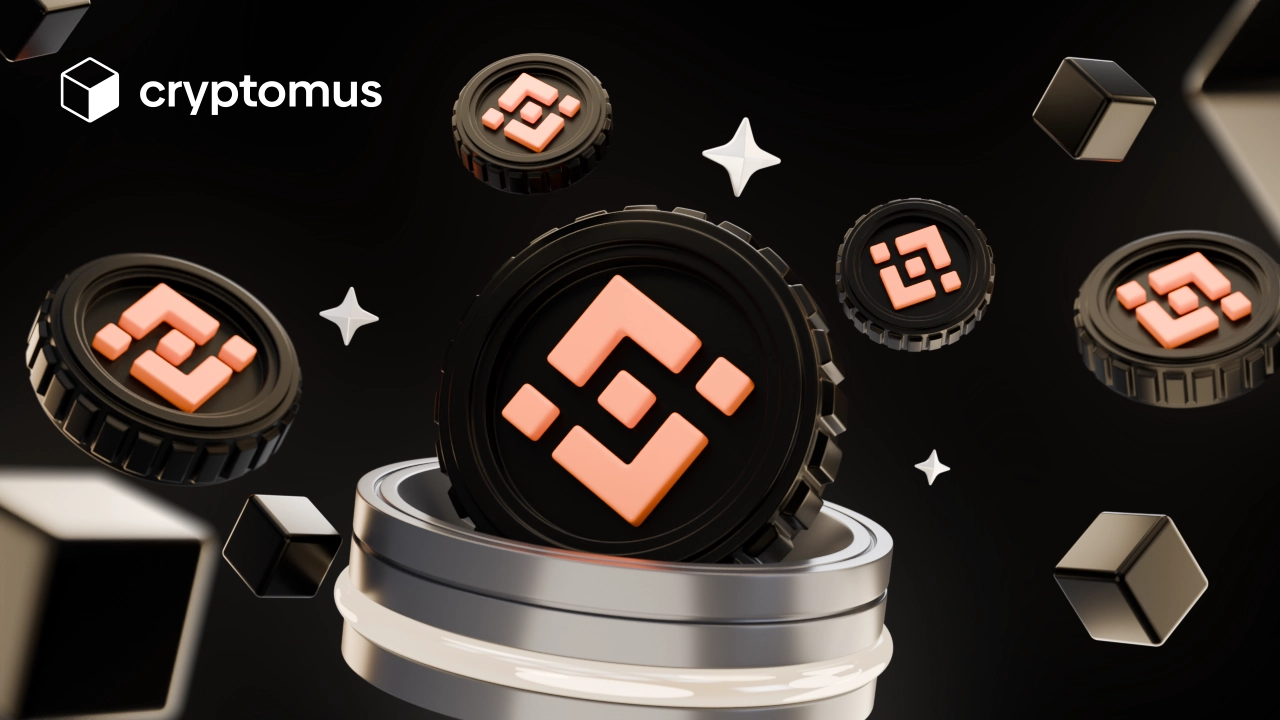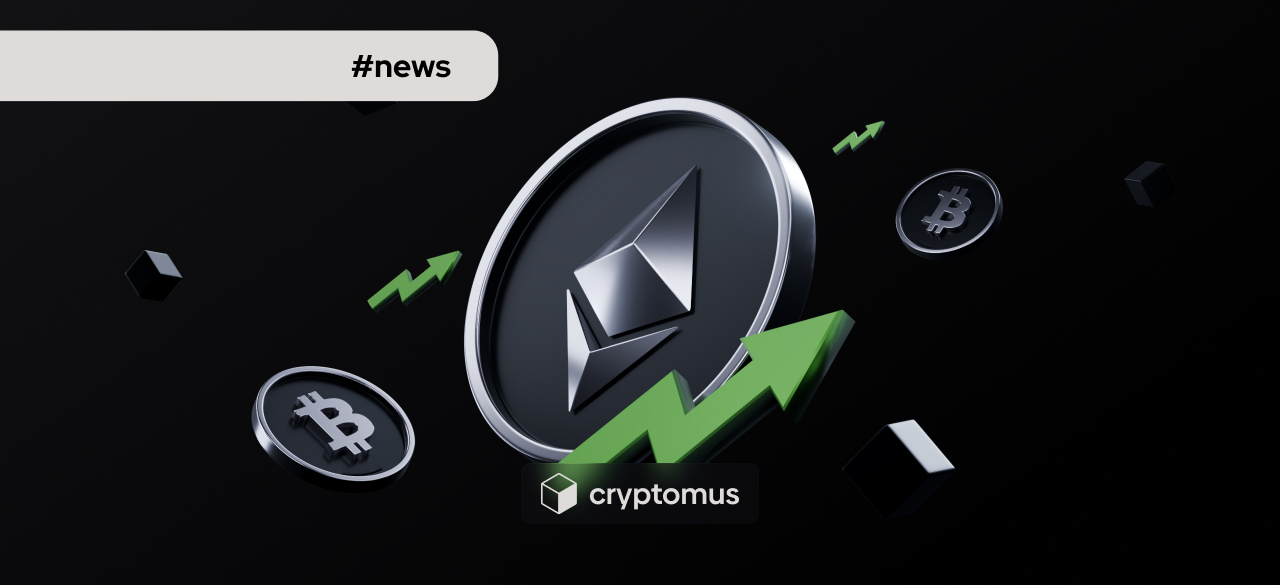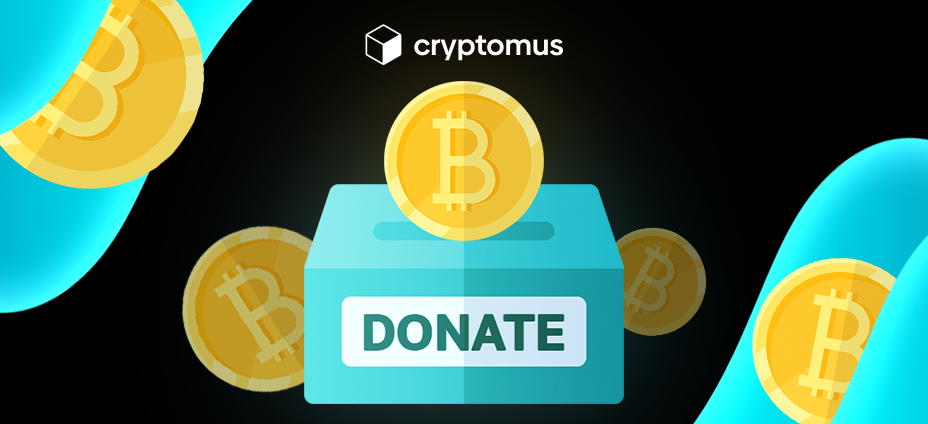
How To Create BEP-20 (BSC) Wallet
Table of Contents
The Binance Smart Chain (BSC) has become a leading platform for decentralized applications, smart contracts, and token transactions. To fully engage with this ecosystem, users need a wallet compatible with BSC tokens. This guide will show you how to set up your own BEP-20 wallet. You will learn how to store, send, and receive tokens while keeping your assets secure.
What Is A BEP-20 Compatible Wallet?
The Binance Smart Chain (BSC) is a blockchain system launched by Binance. It encourages blockchain interoperability by powering dApps, smart contracts, and decentralized trade.
A BEP-20 wallet is a BNB crypto wallet used to manage BEP-20 tokens. Using it, your digital assets are safe, and you can work within the BNB ecosystem. Instead of physically storing tokens, these wallets protect the private keys that grant access to your cryptocurrency.
The difference between BSC and BEP-20 is that BSC is Binance's blockchain network for smart contracts, whereas BEP-20 is the token standard that these smart contracts employ. The BSC network supports multiple cryptocurrencies, all of them used with the BEP-20 standard for transactions.
What Is A BEP-20 Wallet Address?
A BEP-20 wallet address is a unique ID on the Binance Smart Chain for managing BEP-20 tokens. Treat it like sensitive information, similar to a bank account number. Keep it confidential and avoid sharing it unless absolutely necessary.
Here is a BEP-20 wallet address example: bnb1mrzq7fenlfxx59usn2fn8aygdyfrsku4u7h55q
It is important to distinguish between a wallet address and a contract address. A BEP-20 contract address is a unique identifier for a smart contract on the BSC network that follows the BEP-20 standard. Essentially, it serves as the token’s address on the blockchain.
Regular users need a BEP-20 contract address for their MetaMask or Trust Wallet to interact with tokens built on the BSC. You will need it to send, receive, and manage those tokens within your wallet. Without the contract address, you won't be able to add the tokens to your wallet and participate in the BSC ecosystem.

Step-By-Step Guide On How To Get A BEP-20 Wallet Address
Although the steps can be slightly different depending on the platform, the following guide will be your roadmap for obtaining a BEP-20 wallet address:
- Pick a compatible wallet provider: select the ones that work with your preferred coins and offer strong security.
- Create a wallet: follow on-screen guidance of the chosen platform to set up your wallet. This process will typically involve making up a strong password and passing the KYC procedure.
- Protect your wallet: enable 2FA to add an extra layer of security to your account.
- Find your wallet address: this address can be found in the wallet interface usually under the "Account" or "Receive" buttons. Just copy the address in order to receive BEP-20 tokens.
Cryptomus is one of the best wallets for BEP-20 tokens thanks to its simplicity, multi-currency support, and competitive fees. It also offers reliable security features, such as two-factor authentication, and private key encryption.
Furthermore, we offer guidance on finding your wallet address.
How To Make Transactions With Your Wallet?
Once you’ve picked a wallet and created an account, you can start making transactions with it. To send BEP-20 tokens, do the following:
- Open your BEP-20 wallet
- Find the "Send" or "Transfer" option
- Choose the BEP-20 Token
- Paste the recipient's Bep-20 address
- Enter the token amount
- Review and confirm
The key to receiving tokens is providing your wallet address to the sender. Here’s how to do it:
- Go to your BEP-20 wallet
- Locate "Account" or "Receive" section
- Find your wallet address and copy it
- Share the address with the sender
That's it! You should have your BEP-20 wallet ready to hold your BSC tokens. We hope this guide was helpful. Now that you have a BEP-20 wallet, head over to the comments below and share your experience. Do you have any questions for the community? Let us know in the comments! We're always happy to help out!
Simplify Your Crypto Journey
Want to store, send, accept, stake, or trade cryptocurrencies? With Cryptomus it's all possible — sign up and manage your cryptocurrency funds with our handy tools.
Get Started









